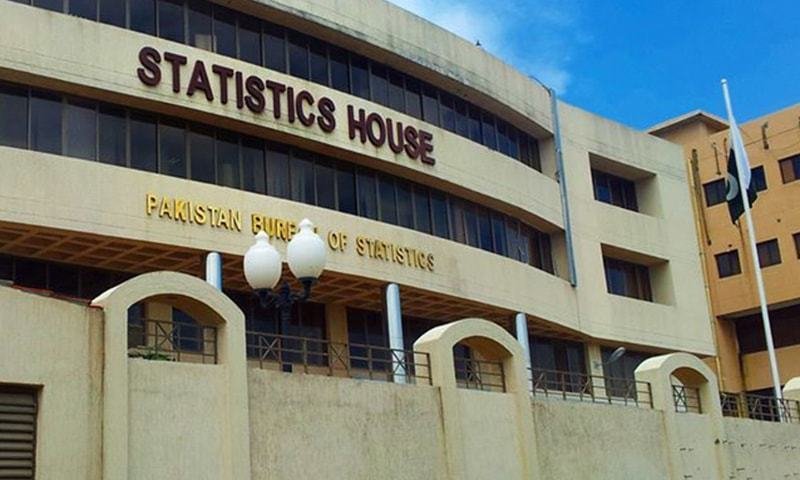Editorial
In any functioning democracy, the upper house of Parliament is meant to serve as a forum for critical oversight, mature deliberation, and balanced representation of the federation. In Pakistan, however, the Senate—intended to embody these ideals—has increasingly become a symbol of political patronage, where tickets are awarded not on the basis of merit, vision, or legislative competence, but through connections, loyalty, and transactional interests.
The prevailing culture in Pakistan’s political parties reflects a systemic disregard for the fundamental purpose of parliamentary institutions. Senate nominations are often distributed as rewards for loyalty, appeasement of electables, or in exchange for financial and political favours. This approach not only sidelines individuals with genuine expertise and public service commitment but also inflicts long-term damage on the legislative process.
One of the most pressing consequences of this practice is the severe skills deficit among parliamentarians. A significant number of senators lack the requisite understanding of constitutional law, policy formulation, and the complex governance structures they are expected to oversee. They are often ill-equipped to engage in nuanced debates, scrutinize legislation, or propose effective alternatives. As a result, Pakistan’s legislative landscape becomes increasingly hollow—characterized more by political theatre than by meaningful policy work.
Moreover, the absence of competent legislators leads to the creation of a political vacuum, where superficial rhetoric replaces substantive discourse. This vacuum is readily filled by unelected power centers—bureaucracies, judicial activism, and extra-parliamentary actors—who step in to fill the governance gap. Ironically, this then becomes a self-fulfilling prophecy for those who claim democracy does not work in Pakistan: it is not democracy that fails, but the deliberate weakening of democratic institutions by those who treat them as private fiefdoms.
It is worth asking: When will political parties in Pakistan recognize that institutional strength and public trust are directly linked to the quality of people they choose to represent them? Democracies across the world thrive when parliaments are populated by individuals who are knowledgeable, committed, and capable of drafting sound legislation, holding the executive accountable, and envisioning long-term reforms.
Sending competent individuals to the Senate is not merely an idealistic aspiration—it is a democratic necessity. Pakistan faces complex challenges: a struggling economy, worsening climate risks, regional instability, and an increasingly frustrated youth population. These problems cannot be addressed by ornamental politicians or career loyalists. They require thinkers, planners, and doers—people with both the knowledge and the will to govern wisely.
There is a dangerous misconception in party leaderships that political strength comes solely from street power or vote banks. In reality, sustainable political capital is built through institutional performance. When voters see tangible results—strong legislation, transparent governance, and principled leadership—they begin to invest their trust in the democratic process. Conversely, when they see Senate seats turned into commodities and key positions occupied by the incapable, they retreat further into apathy or extremism.
Reforming this culture begins with internal democracy within political parties. Unless parties democratize their own structures and promote merit-based nominations, the larger democratic project will remain flawed. Civil society, media, and voters also have a critical role to play by demanding greater transparency in how candidates are selected and by holding parties accountable for poor nominations.
In sum, Pakistan’s Senate today reflects a broader crisis in political thinking—a crisis where short-term gain routinely trumps long-term vision. But this is neither inevitable nor irreversible. A conscious decision by political parties to prioritize competence, ethics, and public service over personal loyalty can begin to reverse the tide. The future of Pakistan’s parliamentary democracy—and indeed, of its governance as a whole—depends on it.

















